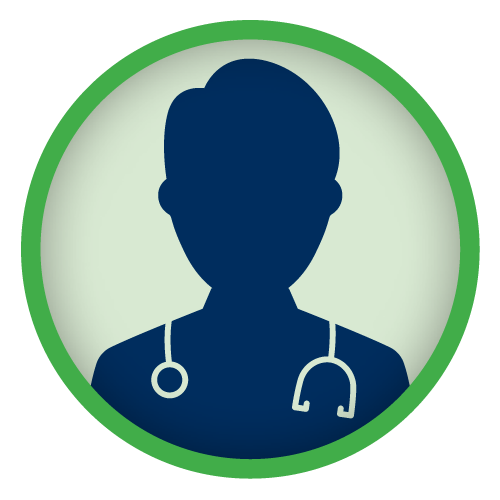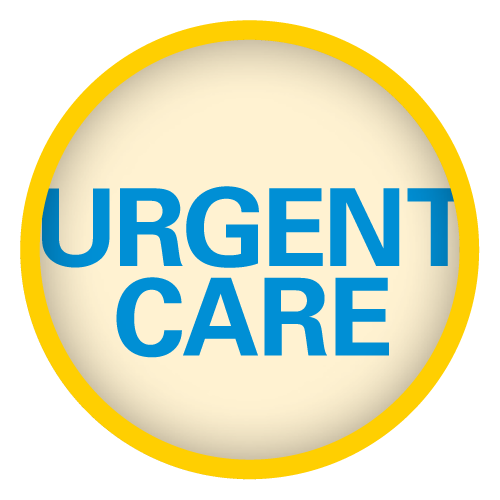Where To Go for Medical Care
When you experience a sudden unexpected illness or an injury, you want to be seen right away. Yet not all concerns are life-threatening and therefore may not warrant a trip to the emergency room. Choosing the right location can save you time and money while ensuring you get the right treatment.
Where To Go for Medical Care
Choosing the right MidMichigan Community Health Services location for your care can save you time and money. Learn where to go for the type of care you need.
Primary Care
 For all non-life-threatening emergencies, always call your primary care provider first. Your doctor is your primary place to get health care unless it is a life-threating emergency. Most offices offer same-day appointments for their established patients who need to be seen right away. If your doctor's office is open, call them first before going to the Urgent Care.
For all non-life-threatening emergencies, always call your primary care provider first. Your doctor is your primary place to get health care unless it is a life-threating emergency. Most offices offer same-day appointments for their established patients who need to be seen right away. If your doctor's office is open, call them first before going to the Urgent Care.
When to Go
Call when you need medical care for a problems or concern such as:
- Colds, flu, sore throats, minor injuries, simple aches and pains
- Medication concerns, health advice
- Routine health exams, testing and vaccinations
- Referrals to specialists
- Ongoing care of diabetes, depression, anxiety, substance use, high blood pressure or other chronic illness
Find a Doctor
Urgent Care

When your doctor’s office is closed or an appointment is not available, urgent care fills the gap to treat most illnesses and injuries. This includes being open with convenient evening and weekend hours.
In-person visits for minor illness or injury when your regular doctor is not available.
- Convenient evening or weekend hours
- On-site X-ray
- Walk-in or book online
When to Go
Urgent Care is the place to go for most illnesses and injuries such as:
- Allergic reactions, rashes, or skin irritations
- Animal or insect bites
- Ear, eye, respiratory, or urinary tract infections
- Fevers, nausea, vomiting and diarrhea
- Minor burns and cuts
- Sprains, strains and closed broken bones or closed fracture
Urgent Care
Emergency Room

Emergency physicians are experts in life-threatening situations including severe illness and injuries. Their goal is to quickly diagnose, treat and stabilize your condition, and then they will typically refer you back to your regular doctor or to a specialist for any follow-up care that is needed.
Do not use for minor illness, contagious conditions or chronic conditions. Call your primary care provider instead.
In an emergency, Don’t Wait and Don’t Drive yourself or a loved one to the emergency room. Instead, Dial 911 or your local ambulance service.
When to Go
Choose the emergency department for all life-threatening emergencies, as:
- Heart Attack - chest pain, pressure or tightness; shortness of breath
- Stroke - sudden onset of dizziness, blurred vision, abnormal speech or weakness
- Major trauma, including head injuries, severe burns, severe bleeding or complex/open fracture or broken bones
- Abdominal pain, coughing or vomiting blood
- Poisoning or overdose
- Thoughts of harming yourself or others
Emergency Room Clare
Emergency Room West Branch
